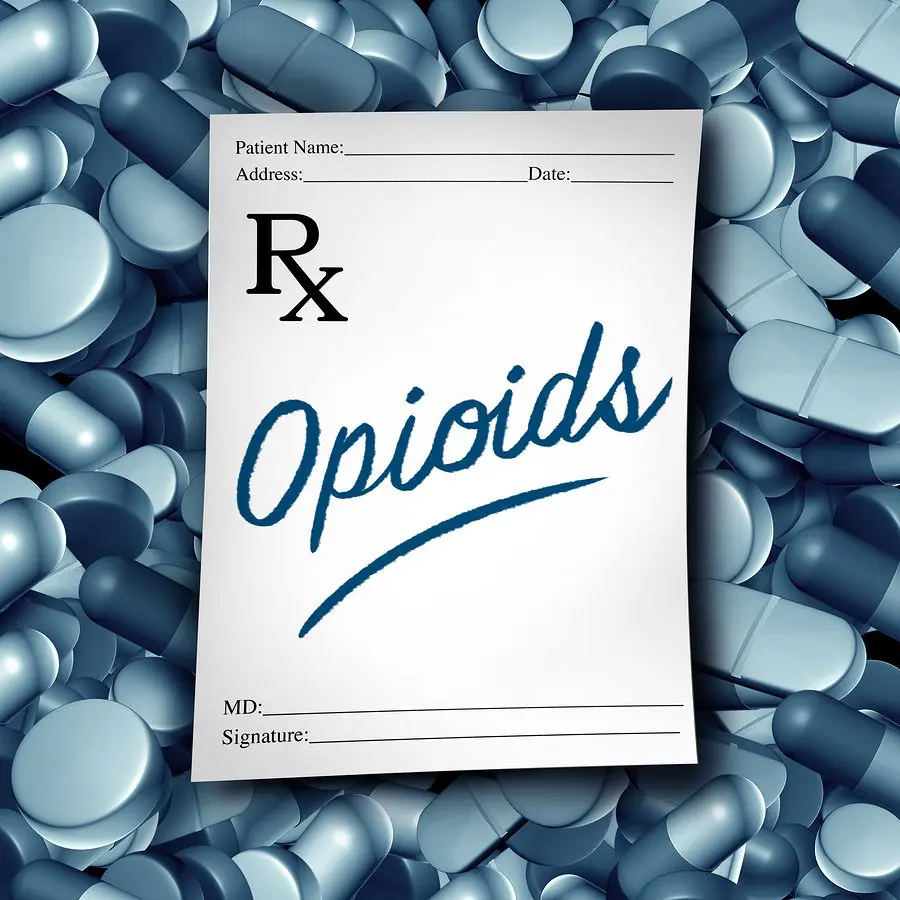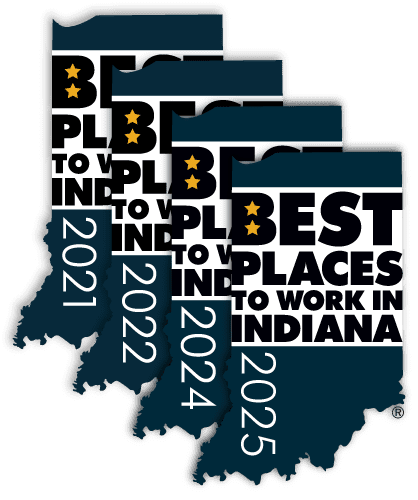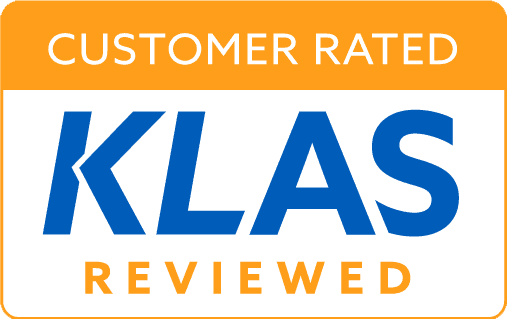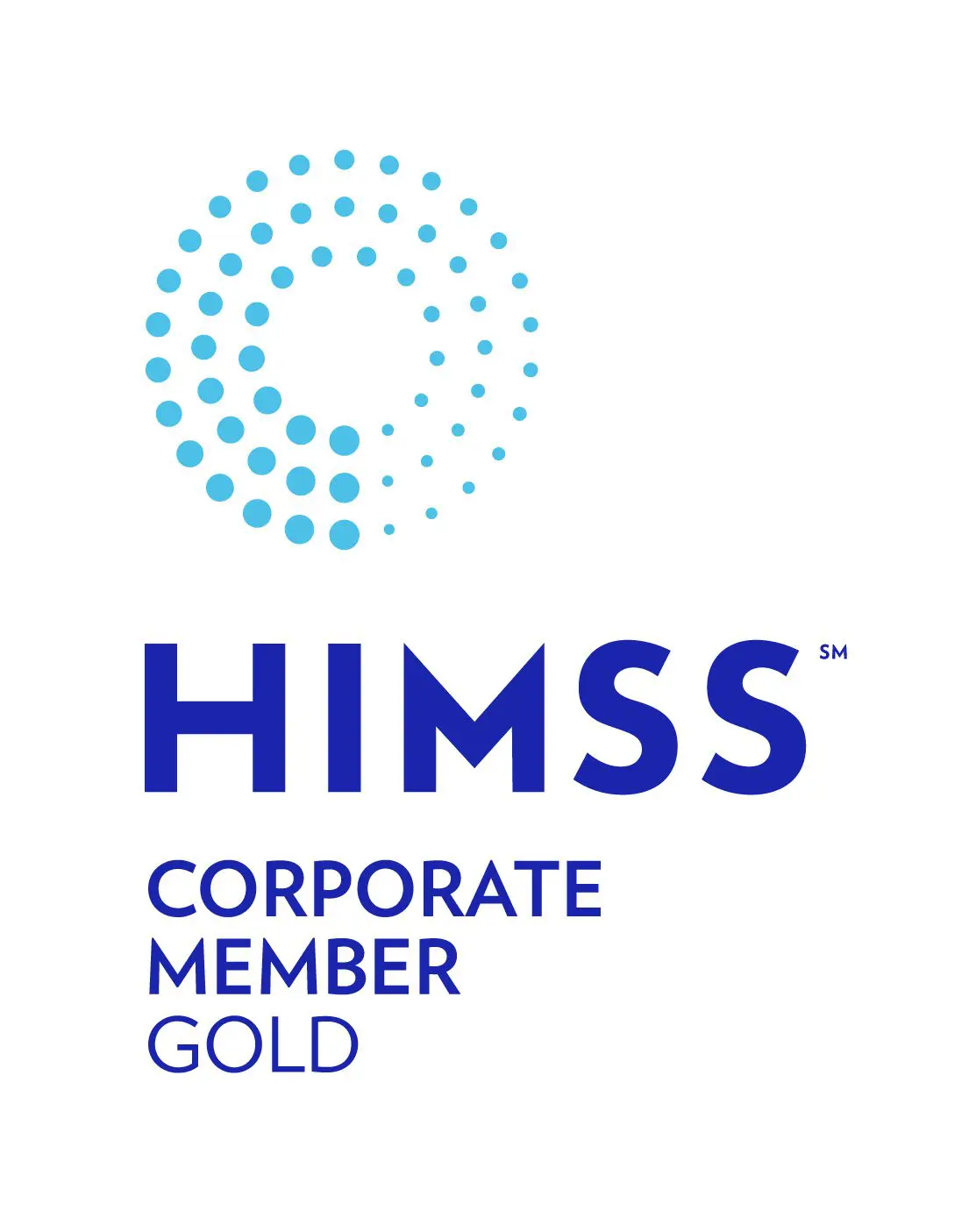
It’s true that a new CDC report suggests that overall opioid drug overdoses appear to have hit a plateau, or even slightly decreased – nationwide, deaths from opioid ODs registered a 2.5% drop-off from 2017 to 2018. But while half of all states reported a decrease, the other half of the country reported an increase – and both numbers represent too many lost lives.
Despite reportedly declining numbers, the battle to beat opioids is truly still at an epidemic level, as evidenced by the following statistics:
- For the first time in US history, a person born in 2017 has a better chance of dying from an accidental opioid overdose than from a car accident, putting it in the Top 5 causes of death
- More than 130 people die every day from opioid overdose
- The economic burden of prescription opioid misuse is estimated at $78.5 billion a year, according to The Centers for Disease Control and Prevention
With statistics still at critical levels, medical professionals and law enforcement are turning to technology for innovative ways to fight against the opioid crisis – specifically EHRs.
Technology like electronic health records can provide an efficient and literally life-saving role by providing timely data at the click of a button. There is value in instant access to both current patient records along with archived legacy records, providing easy insights into the deep history that reveals patterns and making EHRs a major contributor to the healthcare industry’s efforts against opioid abuse.
The key in access to EHRs being useful is ensuring there are detailed records of the patient’s history – this is imperative to identifying those with a history of substance abuse. It’s especially important when trying to identify “doctor-shoppers” — or people who go from doctor to doctor to find one who would be willing to prescribe an opioid painkiller.
EHR’s need to address the evolving, critical needs of the patient population and give providers, especially pharmacists, the information they need.
Archiving supports the efficient retrieval of legacy data and may also contribute to the fight against opioid addiction. As providers continue to replace systems and merge with other providers, having an archive of historical records is a simple, efficient tool to further provide important health data that could lead to helping identify an addict.
As an industry, we need to fight this fight together.
Our mission is to preserve vital information to improve lives. We stand by that.
Connect with us.






